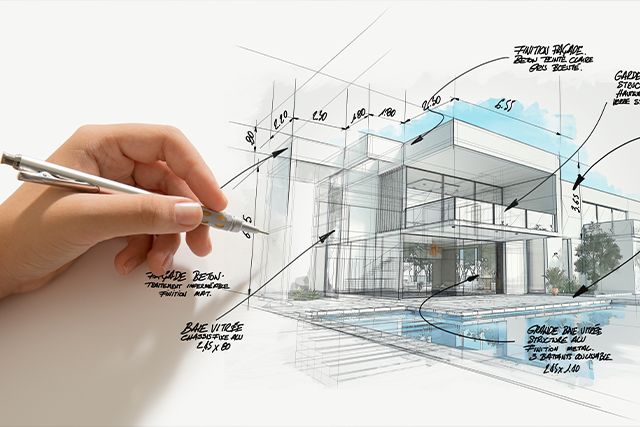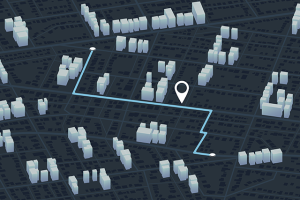9D BIM – BIM application in construction waste management and for construction circularity ensurance

Target group
The course is intended for experts in construction-investment design, project management, consulting and supervisory activities or administration
Experts can be from the following types of organizations:
- Small and medium enterprises
- Small mid-cap companies
- Public sector organizations for their non-economic activities
Description
Digitization of the collection, transportation and treatment of construction waste (CO) management and control activities; requirements management for using recycled building materials in construction; digitization of CO management in the process of construction and removal of constructions. Improving the air, water and soil pollution prevention and reduction through digitization and reducing the human health and environment risk as a result of the collection, treatment and transport of CO; facilitating the recycling and utilization of CO processes through digitalization towards achieving the goals of the Waste Management Act (WMA). The BIM dimension, 9D, is aimed at lean construction. This dimension aims to optimize construction processes and reduce waste through the use of BIM. Lean construction involves a focus shift from maximizing productivity to minimizing waste. This is achieved by applying lean principles. 9D BIM can be applied to identify areas of overspending in the construction process, such as waiting time or rework, and allow improvements to be made. Application of WorkStream.Production and Businessoft.Building.
Minimum educational requirements for participation in the training
Higher education and experience in construction-investment design
Hours/duration
24 hours
Form of training
The course can be conducted online over 4 days for 6 hours or 8 days for 2 hours
-en.png)






